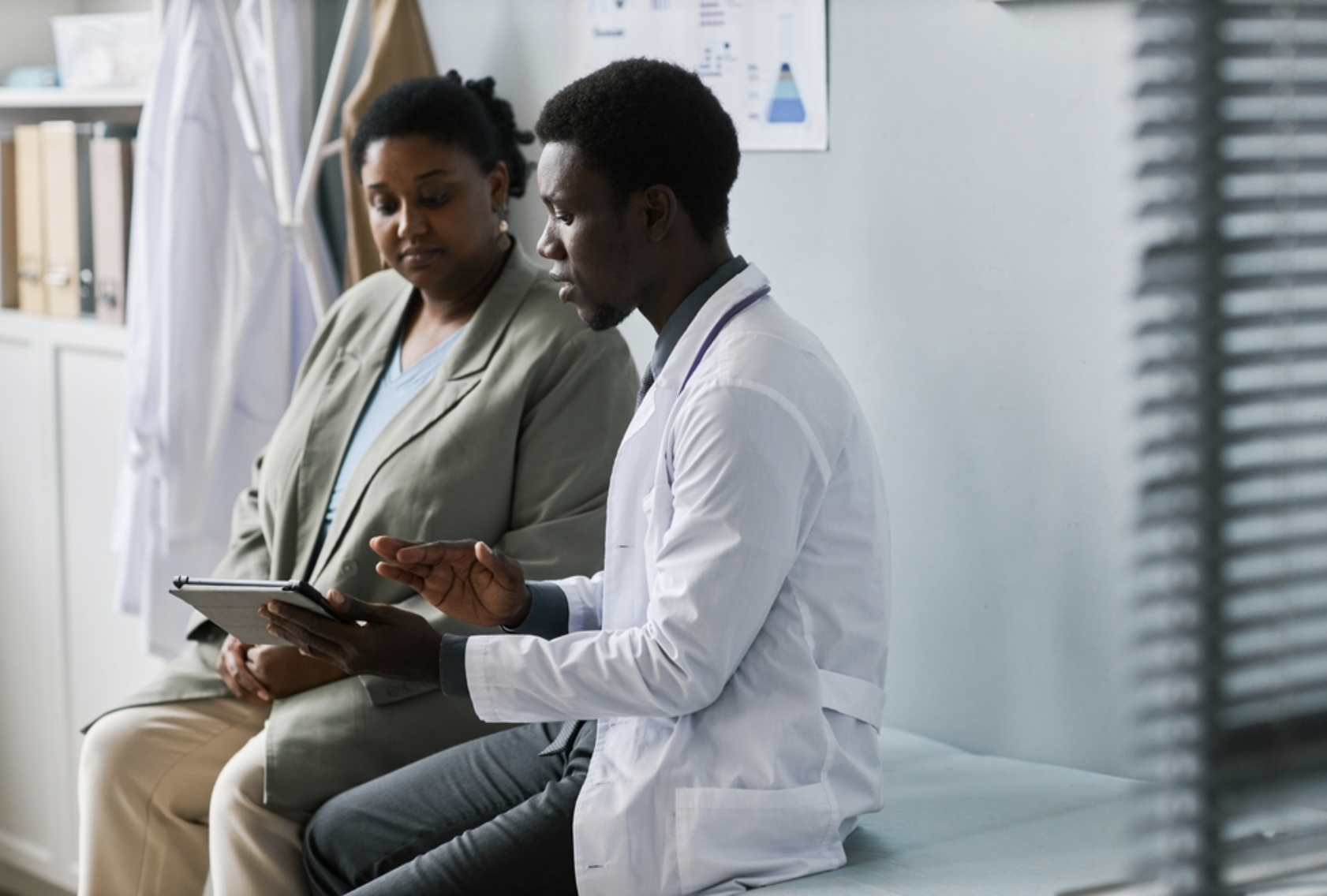Weill Cornell Medicine is part of an international team that has been awarded funding of up to $25 million over five years by Cancer Grand Challenges to study the causes of cancer inequities.
Cancer Grand Challenges is a global funding initiative co-founded by the National Cancer Institute and Cancer Research UK that aims to address key challenges in cancer biology and patient care.
SAMBAI (Societal, Ancestry, Molecular and Biological Analyses of Inequalities) encompasses investigators at 15 institutions in the U.S., U.K., Ghana and South Africa. The team is led by Dr. Melissa Davis, director of the Institute of Translational Genomic Medicine at the Morehouse School of Medicine and adjunct associate professor of cell and developmental biology research in surgery at Weill Cornell Medicine. The Weill Cornell Medicine team will be led by Dr. Olivier Elemento, director of the Englander Institute for Precision Medicine and a professor of physiology and biophysics. Other key Weill Cornell Medicine investigators include Dr. Lisa Newman and Dr. Christopher Mason. The team is funded by the National Cancer Institute and Cancer Research UK.
The group will address why some cancers occur at higher rates and with higher mortality risk in people of African heritage. How genetic, environmental and social factors combine to produce these disparities has never been clear, mainly due to the relative scarcity of data on cancer patients of African descent.
“We are excited to work with this talented, multidisciplinary and diverse team of scientists and clinicians to help address the problem of cancer disparities,” said Dr. Elemento, who is also a member of the Sandra and Edward Meyer Cancer Center at Weill Cornell Medicine. “We hope that our work will ultimately inform public policies and uncover new possibilities for cancer interventions in African-heritage populations around the world.”
The team’s principal technical goal is to assemble and analyze a vast dataset, to be known as the SAMBAI Biobank and Data Repository for Cancer Equity Research. It will include information on the genetics, immunological profiles, environmental exposures, socioeconomic situations, tumor tissue profiles and other relevant factors for 40,000 African-heritage people across Africa, the U.S. and the U.K. The researchers will also help develop the capacity of African institutions to build such datasets on their own through the large-scale collection and profiling of blood and tissue samples.
Many of the analyses of the dataset will be conducted at Weill Cornell Medicine, and will focus on breast, pancreatic and prostate cancers, which tend to be more aggressive, with poorer outcomes, in people of African descent compared with white and Asian populations.
Dr. Elemento and his team are experts in applying “big data” computational analysis techniques, including machine learning, to genomic and related patient data, particularly for cancer research. Their work for SAMBAI follows their contributions to the New York Genome Center’s “Polyethnic-1000” project—in which they constructed and analyzed genomic databases covering ethnically diverse cohorts of cancer patients in New York City.
“Our work for SAMBAI will be a continuation of that effort in a much larger, more globally distributed patient population, though we expect in the end to bring its lessons home to reduce cancer disparities among our patients here in New York City,” Dr. Elemento said.
# # #
The above article originally appeared on the Weill Cornell Medicine Newsroom website on March 06, 2024.

